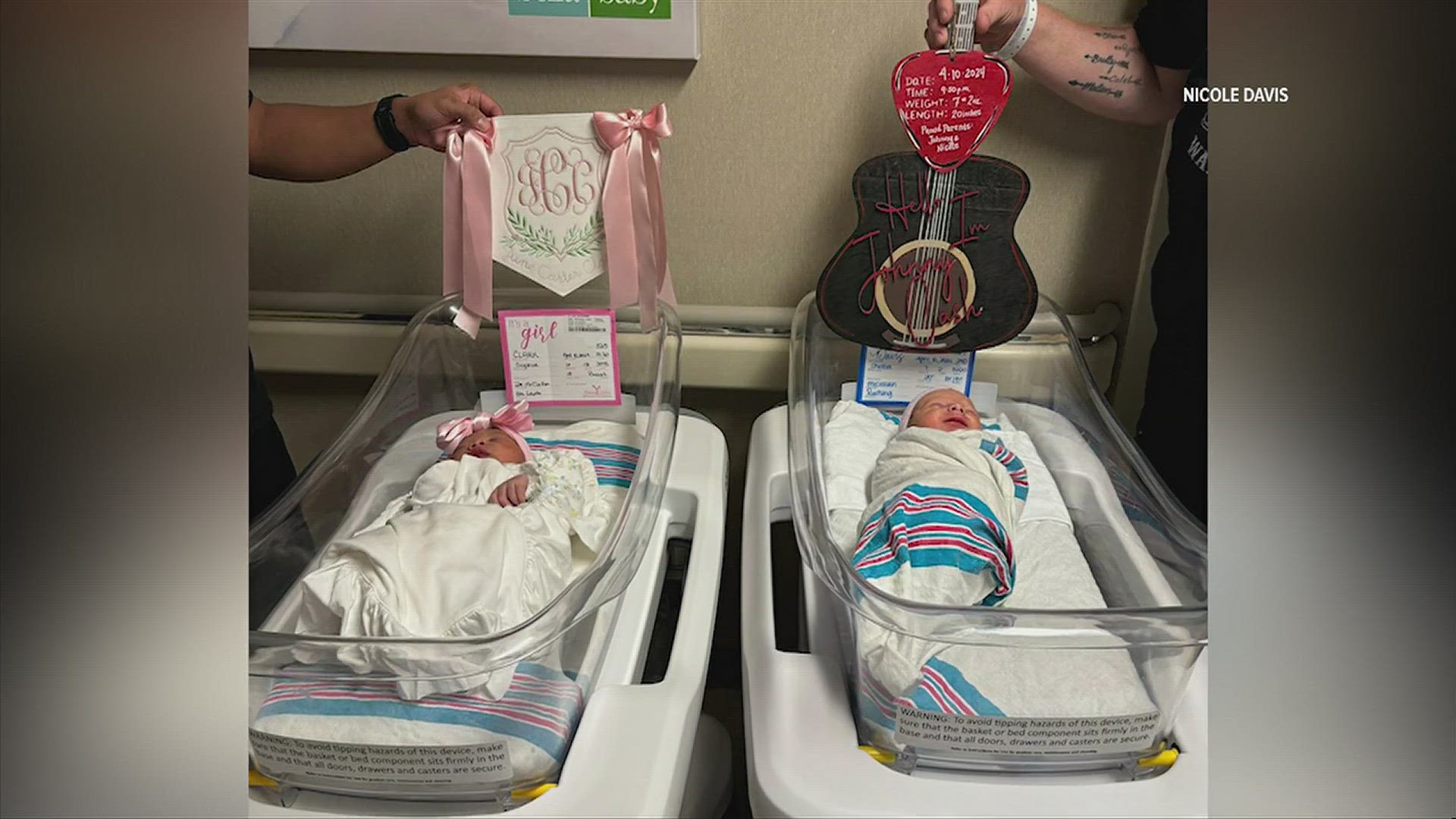HUNTSVILLE, Ala. — When exposed to cold, our bodies begin to lose heat faster than it can be produced. This results in abnormally low body temperature called hypothermia.
Hypothermia occurs when the body’s core temperature falls below 95 degrees F, just a few degrees less than the normal body temperature.
Hypothermia is a medical emergency, and immediate medical attention is needed if a person’s temperature falls below 95 degrees F, the CDC advises.
Staying warm, keeping well informed, and taking extra precautions is extremely important during times of extremely cold weather, such as the coming days when below-freezing temperatures are predicted.
Everyone should remember to lower the risks of cold-weather health problems by dressing in multiple layers to help retain body heat, limit time outdoors, and remove wet clothing immediately.
Knowing what to do in cold weather can help prevent hypothermia. To provide protection, older adults' living quarters should be heated to at least 65 degrees F, they should wear suitable clothing, have plenty of warm blankets available, and eat nutritionally balanced food.
The Alabama Department of Public Health (ADPH) cautions that hypothermia makes people unable to think clearly or move well. This makes hypothermia especially dangerous, because a person may not know when it is occurring and then will not be able to do anything about it.
A person with severe hypothermia may be unconscious and may not seem to have a pulse or to be breathing. In this case, handle the person gently, and get emergency assistance immediately. Perform CPR, even if the person appears dead.
Keep warming the person while performing CPR. In some cases, hypothermia victims who appear to be dead can be successfully resuscitated.
According to the Centers for Disease Control and Prevention (CDC), victims of hypothermia are often:
· Older adults with inadequate food, clothing or heating
· Babies sleeping in cold bedrooms
· People who remain outdoors for long periods—the homeless, hikers, hunters, etc.
· People who drink alcohol or use illicit drugs.
As the body ages, the ability to maintain a constant internal temperature decreases. Hypothermia risk is even greater when an older person has a chronic condition that affects the circulatory or neurologic systems, or the thyroid.
When the core temperature falls, bodily functions shut down.
In addition to advanced age, common risk factors for hypothermia are substance abuse and mental impairment.
Certain commonly used drugs such as tranquilizers may contribute to the onset of hypothermia. Furthermore, many deaths from hypothermia are complicated by alcohol consumption, which can lead to dehydration and impaired judgment.
The CDC lists the following signs and symptoms of hypothermia:
Adults:
· Shivering
· Exhaustion or feeling very tired
· Confusion
· Fumbling hands
· Memory loss
· Slurred speech
· Drowsiness
Babies:
· Bright red, cold skin
· Very low energy
If you are unable to get medical help right away, try to warm the person up.
· Get the person into a warm room or shelter.
· Remove any wet clothing the person is wearing.
· Warm the center of the person’s body—chest, neck, head, and groin—using an electric blanket, if available. You can also use skin-to-skin contact under loose, dry layers of blankets, clothing, towels, or sheets.
· Warm drinks can help increase body temperature, but do not give alcoholic drinks. Do not try to give beverages to an unconscious person.
· After body temperature has increased, keep the person dry and wrap their body, including their head and neck, in a warm blanket.
· Get the person proper medical attention as soon as possible.
The CDC website has more hypothermia prevention information HERE.
WATCH:



